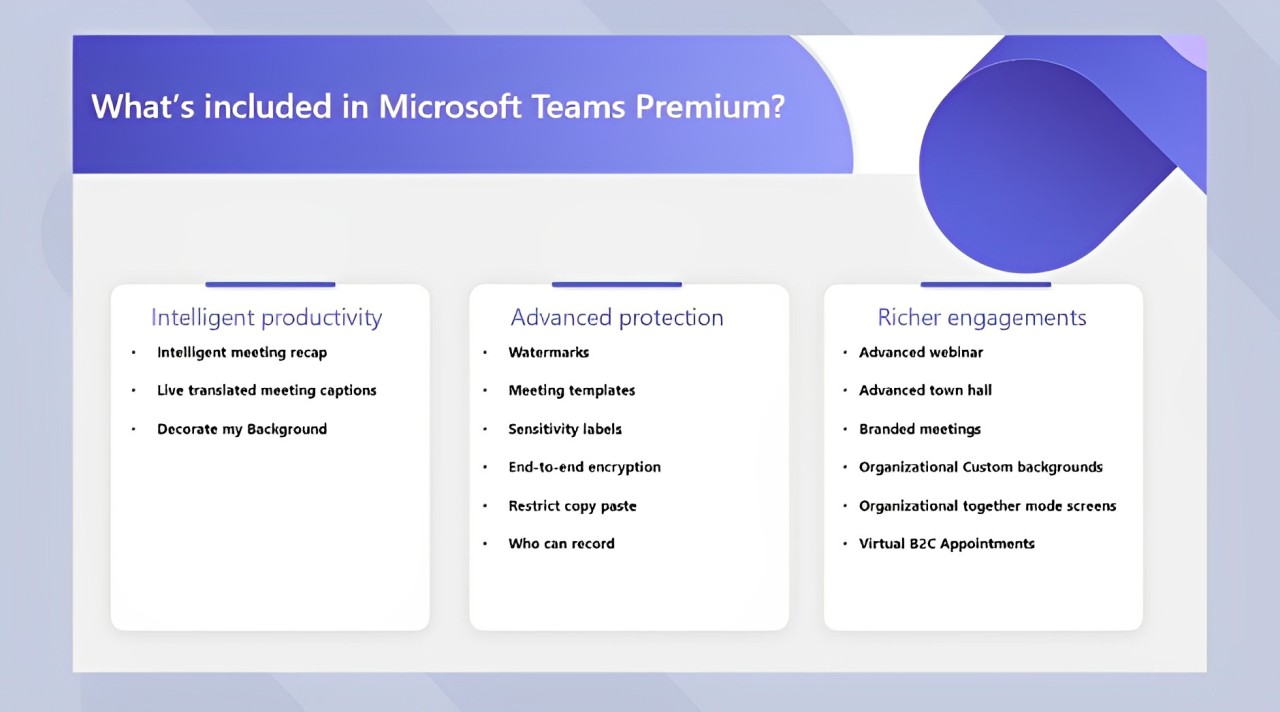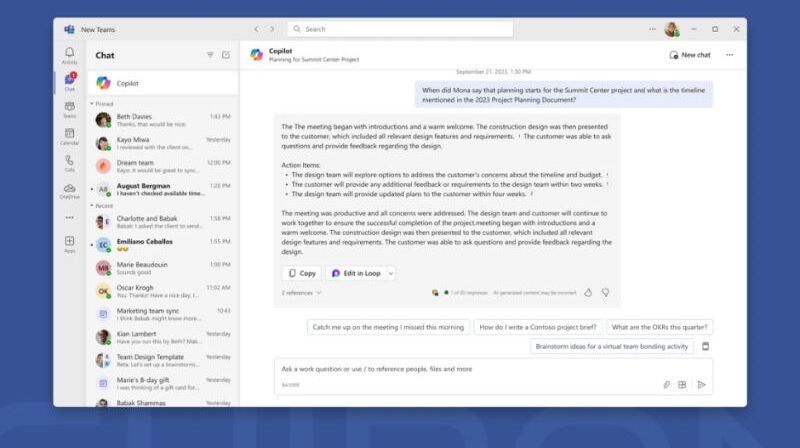
Should I Hire A Lead Developer Or A Software Project Manager?

Figuring out whether you should hire a lead developer or software project manager isn’t always a straightforward process. Most firms hire them in varying combinations, depending on the demands of their development cycle. Which you choose depends very much on your goals and priorities. Ideally, you’d have both working in concert, but that’s not always possible.
What Factors Determine Who You Should Hire?
Whether you hire a lead developer or software project manager depends on various factors impacting your firm. These include:- The length of the project – the longer it is, the more likely you will require project management guidance
- How often you implement sprints – the more often you push your team to meet regular deadlines, the more likely it is that you will need a software project manager
- How experienced each team member is in programming or managing a team – the more technical expertise they have, the less likely you are to require a lead developer
- The quantity of quality assurance required at the end of the project – the more technical investigations you do, the more likely you are to need a lead developer
- The amount of work you outsource to different firms – the more outsourcing you do, the more necessary a software project manager becomes because of their organizational skills
- The number of developers you have – the smaller the number, the less need there is for a non-technical coordinator
The Pros And Cons Of Hiring A Software Project Manager
General software project managers often have extensive experience in managing projects with multiple stakeholders, either internally, or for an external client. They’re able to keep an eye on everything that is going on and then bring it all together. Software project managers tend to be very good at parsing different product iterations and testing them, supplying documentation to various stakeholders, and managing changes in product development cycles. Agile project managers continuously communicate scope changes with their teams, keeping everyone on the same page. However, software project managers are often just general project managers working in the software field. In many cases, they don’t have an in-depth understanding of the technical details of the project which can adversely affect their decision-making. For instance, they may insist on changes that are not technically feasible or difficult to implement. In some cases, general managers may fail to plan for delays caused by problems with the software’s architecture or technical issues. Lack of planning could frustrate both internal stakeholders and clients if working externally. What’s more, many project managers may not have the ability to provide meaningful and realistic estimates of how long certain projects may take to complete. They may not understand the limitations of the platform and what it can realistically achieve.The Pros And Cons Of Hiring A Lead Developer
The alternative is to hire a lead developer. These individuals tend to be technically proficient and able to work closely with coders and other technical professionals in the team. They have a natural affinity for developers, supporting them with good estimates, clear requirements, and help with feature implementation. Moreover, they tend to help push projects forward faster from a technical standpoint. They better understand notions such as stability and reliability, improving high-level decision-making, and avoiding costly changes later on in the development cycle. The problem with lead developers, though, is that they tend to lack the skills required to go back and forth between clients and non-technical teams in the organization. They are extremely good at understanding the project’s technical requirements, but not communicating them to the board or other vested interests. Despite their job title, many lead developers don’t have significant project management experience. In fact, working alone without direction from above may be entirely new for them. Lack of client communication can create issues by itself. For instance, lead developers may pursue projects that implement unnecessary features and bloating costs without improving project returns. They may also add features that are not necessarily the best option for the business, for instance, by adding redundancies or layers of security that the brand doesn’t require. Ideally, most projects require either a lead developer with exceptional soft skills, or a project manager with technical experience. If you can find both of these traits in one candidate, you can save a significant chunk of money on wages. If you need help, get in touch with our privately-owned IT consulting company today.
Next post: Does Sharepoint Require Coding?






